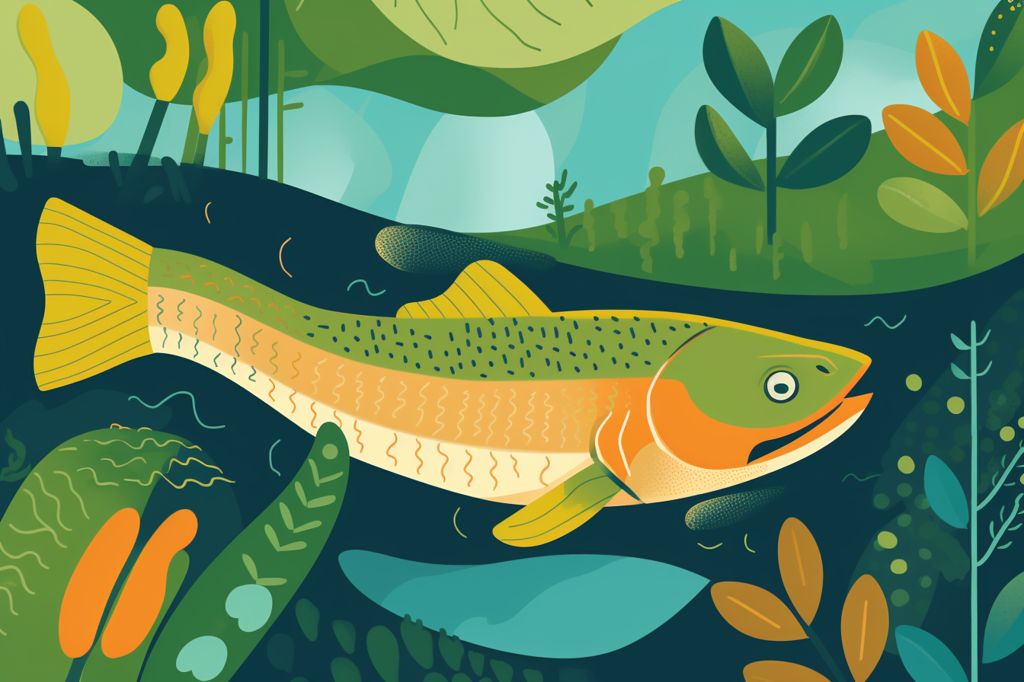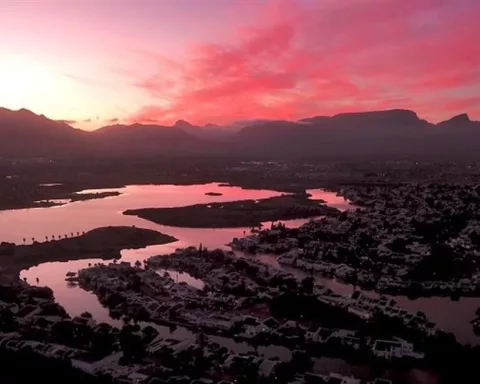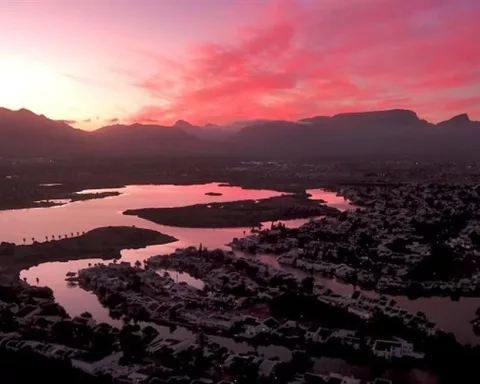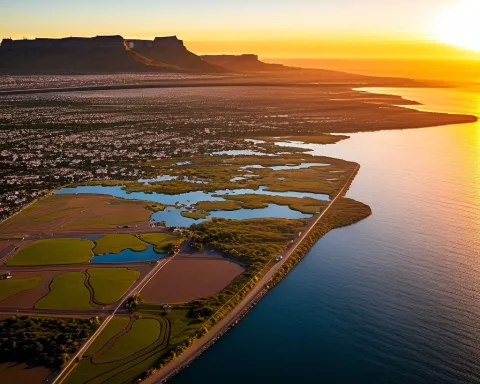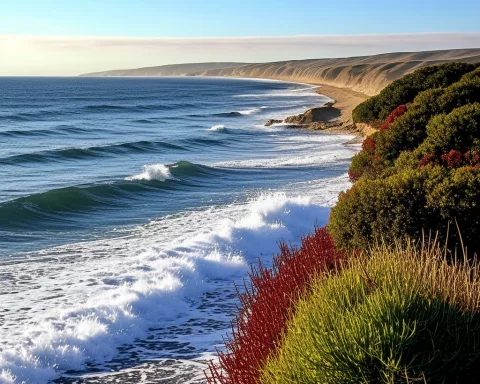World Environment Day is a global call to action for preserving our planet and was established in 1972 by the United Nations General Assembly. In the Western Cape, Anton Bredell, the Minister of Local Government, Environmental Affairs, and Development Planning, has used this occasion to draw attention to the pressing environmental concerns and the ongoing efforts to combat them.
Threats to the Western Cape’s Ecosystems
The Western Cape is home to a diverse range of ecosystems, many of which are under threat. Out of the 138 freshwater ecosystems in the region, 101 face endangerment, with 73 being critically endangered. This situation poses a significant risk to the province’s indigenous freshwater fish species. Bredell stresses that removing invasive alien vegetation from catchment areas is crucial to prevent the collapse of agricultural economies in the Olifants, Breede, and Berg River Valleys. He believes that investing a mere R1 million in alien clearing could potentially support economies worth billions of rands.
Addressing Plastic Pollution
In line with this year’s World Environment Day theme of plastic pollution, Bredell highlights the need to address South Africa’s plastic waste crisis. The nation generates 2.4 million tons of plastic waste per year, translating to about 41kg per person. Unfortunately, only 14% of this waste is recycled. As a coastal province, the Western Cape is particularly vulnerable to the impacts of plastic pollution on the marine environment.
To combat illegal dumping, the Western Cape Province has developed a strategy and reports quarterly on its interventions. Plans are also underway to establish hubs that valorize waste plastics, which will be processed and recovered for recycled products. These initiatives not only aim to improve the region’s aesthetics but also empower and promote small and medium-sized enterprises (SMME) entrepreneurship, creating job opportunities within the affected communities.
CapeNature: Preserving the Natural Environment
CapeNature, the conservation authority in the Western Cape, has played a crucial role in ensuring the natural environment and provincial nature reserves are preserved for future generations. Over the past 23 years, CapeNature has managed more than 1,030,429 hectares of protected land, including six marine protected areas. In collaboration with WWF-SA’s Leslie Hill Succulent Karoo Trust and CapeNature’s Stewardship Programme, more than 300,000 hectares of private land have been added to the conservation estate in the last decade.
To tackle threats such as climate change, habitat loss, and overconsumption, CapeNature has identified several biodiversity corridors that provide safe refuge for both flora and fauna, improving their resilience against these dangers. Protected Area Management Plans also address concerns related to endangered species and water management. Currently, 16% of indigenous flora and fauna in the Western Cape face endangerment, ranging from vulnerable to critically endangered.
CapeNature prioritizes clearing invasive alien plants, especially in strategically designated water source areas. They also work closely with the Greater Cape Town Water Fund to target key City of Cape Town water catchments, aiming to improve water supply.
Safeguarding Our Natural Resources
As World Environment Day draws attention to the urgent need for environmental preservation, the Western Cape serves as an example of the hard work, dedication, and collaboration required to safeguard our natural resources. Through ongoing efforts like those led by Minister Bredell and CapeNature, the province is taking important steps toward a more sustainable future.

